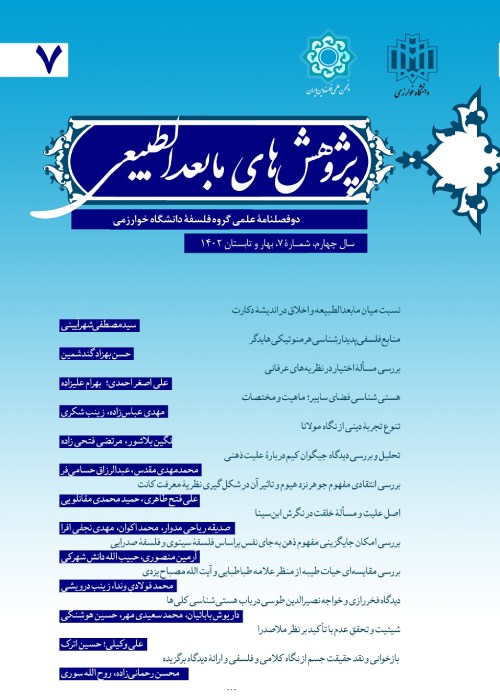Virtues Origins of Evil According to Plato and the Middle Platonist
Plato, the renowned Greek philosopher, expounds a multitude of ideas within his works concerning the problem of evil. These ideas have exerted a profound influence on ancient and medieval philosophers. However, Plato's theories regarding the origin of evil are fragmented and lack coherence. In his dialogues such as Timaeus, Laws, and Statesman, he references several metaphysical entities as evil principles. Nevertheless, the dialogues do not stand as the sole source for comprehending Plato's views on the problem of evil. It seems that certain teachings of Plato did not manifest explicitly in his dialogues and were orally conveyed to his disciples. These teachings are referred to as the "Unwritten Doctrines," and our understanding of them primarily derives from reports provided by Plato's disciples. Among the first disciples of Plato, the Unwritten Doctrines held equal importance to the teachings contained in the dialogues, and our principal source of information about these teachings comes from Aristotle's reports in Metaphysics and Physics.
- حق عضویت دریافتی صرف حمایت از نشریات عضو و نگهداری، تکمیل و توسعه مگیران میشود.
- پرداخت حق اشتراک و دانلود مقالات اجازه بازنشر آن در سایر رسانههای چاپی و دیجیتال را به کاربر نمیدهد.



